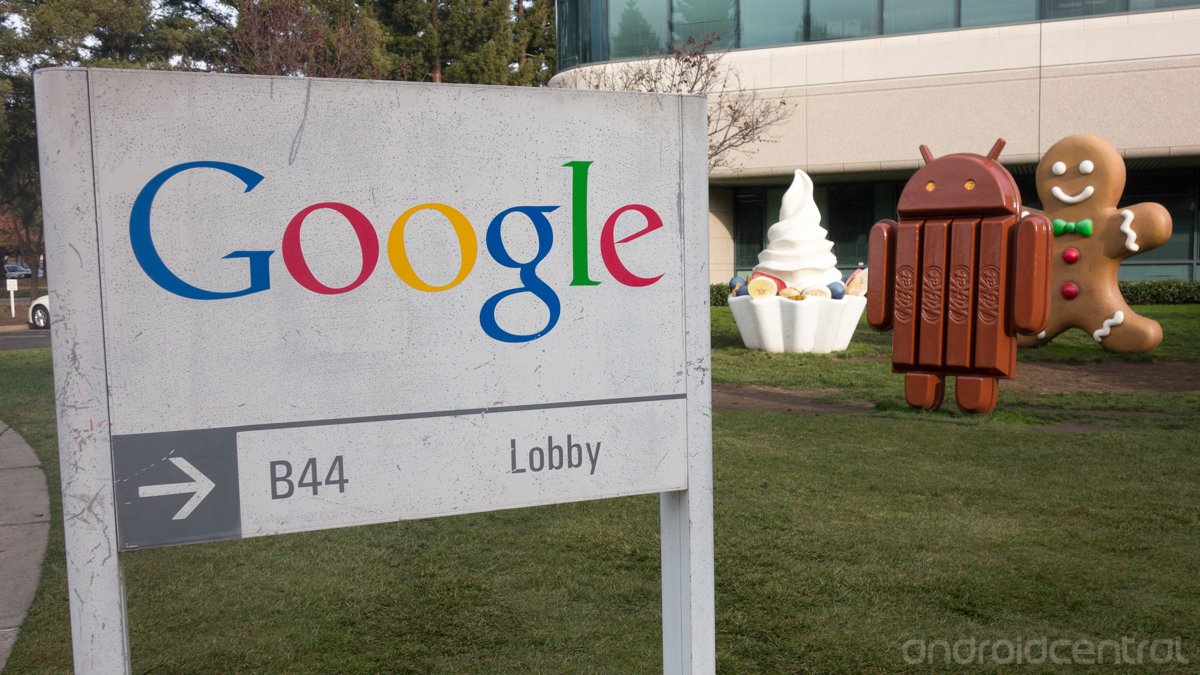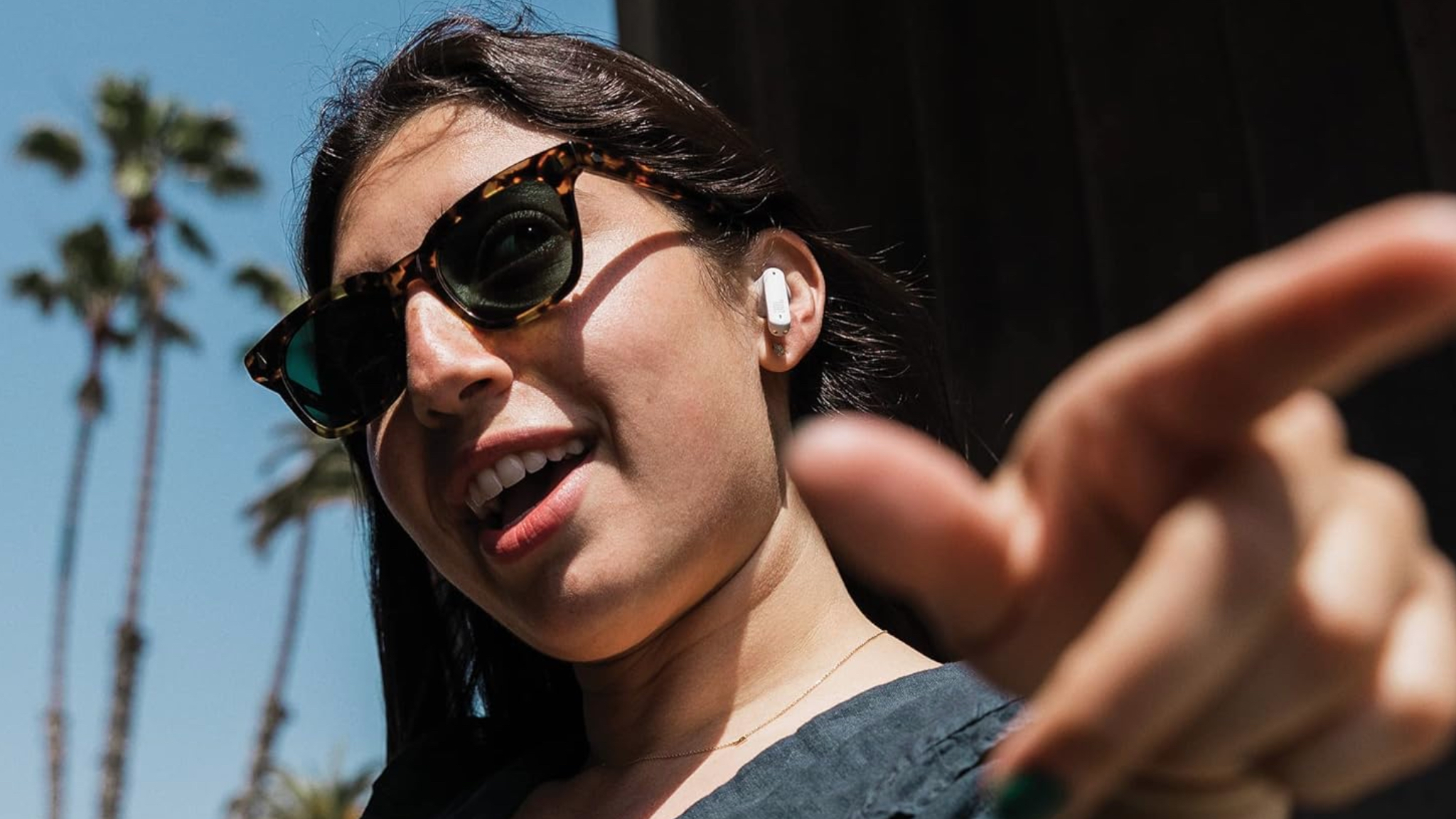Pondering the ever-bright future for Chrome OS

A look at Amazon's holiday winners may mark the beginning of a major shift for Microsoft and Windows
Over the last year I’ve been paying close attention to the growing number of laptop vendors selling Google powered Chromebooks. We’ve got a Samsung Chromebook in my house, which otherwise is a mixture of Mac, Android, iPhone, iPad and BlackBerry.
I think it’s going to take many years to happen, but I firmly believe Microsoft Windows will keep losing ground as more and more of what we do is Internet-based. Families that have been all-Microsoft will experiment using a cheaper Chromebook. Android customers will enjoy the natural integration of Google’s services on these products. In time, this will eat into Microsoft’s operating system share. That’s my working thesis anyway.
On Boxing Day I noticed an interesting press release from online retail king Amazon. While the focus of the press release is how many new customers joined Amazon Prime, there is also a series of bullet points about product sales.
Looking under the “Holiday Best Sellers” section of the release I spotted the following bullet point: ”Laptops: Samsung Chromebook; ASUS Transformer Book; Acer Chromebook”. If I’m reading this correctly, Amazon is telling us that two of the top three selling laptops did not run Windows, but instead ran Google’s thin, web-focused OS. The usual disclaimers apply. Amazon didn’t release actual data. There are hundreds of Windows-powered laptops versus only a few Chromebooks available. But, still, this data point provided by Amazon is fascinating.
I’m very curious to see how this trend continues into 2014. It looks like HP will put its 11-inch Chromebook back on the market soon, now that it has a replacement charger. I don’t want to fall victim to overestimating change in the short run. I don’t think Google laptops (or Chromebox desktops) are going to take over the world in the next two years. But when I think about the next decade it seems unstoppable. The ability to run both local and cloud-based apps is sure to improve, and the need to run Windows in the home environment (followed by enterprise) should nosedive.
My big question heading into 2014: What is Google going to do to push deeper integration between Android and Chrome OS?
Get the latest news from Android Central, your trusted companion in the world of Android

